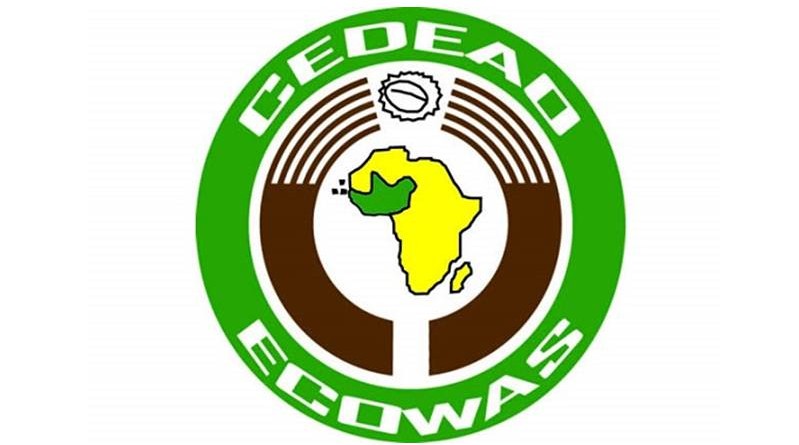ECOWAS E-commerce Experts and UNCTAD meet to consider the Findings of the Regional eTrade Readiness Assessment
The ECOWAS Commission, in collaboration with United Nations Conference on Trade and Development (UNCTAD), organized the Second Regional Meeting on the development of the Regional Ecommerce Strategy on the 14th of March 2022, to present the findings of the ECOWAS E-Trade Readiness Assessment.
Representing Mr. Tei Konzi, Commissioner for Trade, Customs and Free Movement, Mr. Kolawole Sofola, Ag. Director for Trade welcomed the results of the eTrade readiness Assessment. He noted that it confirmed the high development priority ECOWAS Member States have placed on digital transformation and e-commerce. He further added that “the Commission foresees an ECOWAS e-commerce strategy that addresses identified challenges and strengthens cross-border e-commerce development efforts, deepens integration, boost intra-regional trade, and creates sustainable and decent jobs for women and youth in the community”.
Ms. Cécile Barayre-El Shami, Chief, Digital Economy Capacity-building section, Division on Technology and Logistics, UNCTAD, stated that the meeting marked “an important milestone in the journey towards the development of the ECOWAS regional e-commerce strategy; as the assessment of the readiness of the region sets the stage for the strategy formulation by providing a baseline analysis of the current e-commerce situation.” She noted that the excellent collaboration and trust the ECOWAS Commission and its Member States have placed in UNCTAD was the result of a past and ongoing collaboration to support the region’s efforts to strengthen the e-commerce ecosystem through the review of e-commerce legislation at the regional level, as well as individual country readiness assessments and support for the implementation of related policy recommendations.
The overall objective of the meeting was to present to Member States the findings of the E-Trade Readiness Assessment conducted by UNCTAD, which consist of assessing the state of e-commerce preparedness in countries or regions based on seven (7) policy areas namely: i) e-commerce readiness and strategy formulation ii) ICT infrastructure and services iii) trade facilitation and logistics iv) legal and regulatory framework v) payment solutions vi) skills development and vii) access to finance.
Participants discussed the findings presented and the way forward in the form of possible orientations for the regional e-commerce strategy.
The ECOWAS E-commerce Strategy, which is being developed by the ECOWAS Commission with technical assistance from UNCTAD, and financial support from the Government of the Netherlands, is aimed at assisting the region in its efforts to use technology to accelerate structural change and development, and foster regional integration through economic diversification, job creation and more inclusive trade. It will be presented in a dedicated session during the UNCTAD eCommerce Week 2022: Data and Digitalization for Development | UNCTAD.




